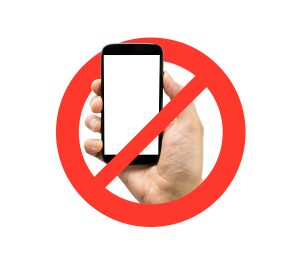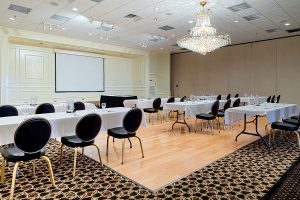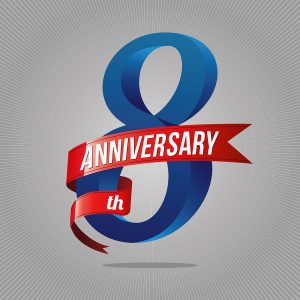
We've written here in the past about embracing attendees' love of mobile devices and how to integrate mobile into events. While including the use of mobile can make the event more interactive and also help appeal to a younger demographic, sometimes you just want attendees to focus. We'd like to take a look at what events would look like if phones, tablets, and computers were banned from events.
This thought likely made many of you gasp. Hours away from your phone and connectivity can be unnerving. A study from Deloitte found that people in the U.S. ages 18 to 75 check their device approximately 47 times per day. Even with this innate reliance on phones and the amplification social media can provide a brand, many entertainers are pushing for their fans to go dark. Musicians including Alicia Keys, Guns N' Roses, Adele and comedians Dave Chapelle and Chris Rock are calling their concerts and performances "phone-free zones." Rock even goes so far as to have any phone using offenders escorted out of the venue. Continue reading



 When we
When we 

 This year GovEvents celebrates its eighth anniversary being the premier online resource for government and military events worldwide. GovEvents was created to provide a one-stop-shop for the government community to find the events that aid in their professional development, their organization's mission, and their business goals.
This year GovEvents celebrates its eighth anniversary being the premier online resource for government and military events worldwide. GovEvents was created to provide a one-stop-shop for the government community to find the events that aid in their professional development, their organization's mission, and their business goals.
